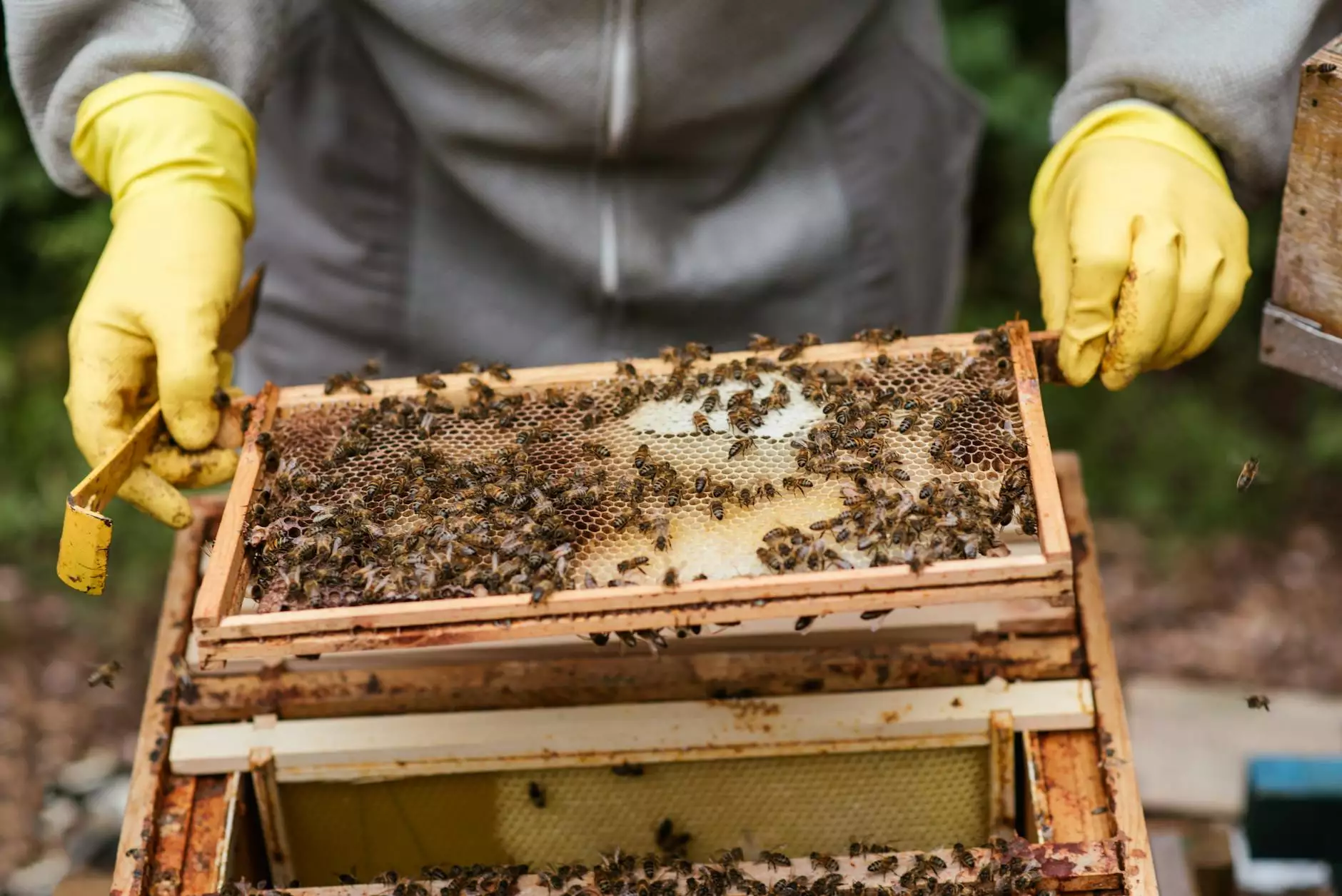The Importance of Rice Weevil Control in Farm Equipment

Rice weevil infestations can be a significant threat to your farming equipment and the overall productivity of your farming operation. Effective rice weevil control is essential to safeguard your farm equipment from damage and ensure the quality of stored grains. In this comprehensive guide, we will explore advanced strategies and techniques to combat rice weevil infestations in your farming equipment.
Understanding Rice Weevils
Rice weevils, scientifically known as Sitophilus oryzae, are common pests that feed on stored grains such as rice, wheat, and barley. These small insects can wreak havoc on your farming equipment by damaging grains, causing contamination, and reducing the overall quality of stored produce. Recognizing the signs of a rice weevil infestation is crucial for prompt and effective control measures.
Signs of Rice Weevil Infestation
- Holes in grains: Look for small, round exit holes in stored grains, which are indicative of rice weevil activity.
- Powdery residue: Presence of fine powdery substance known as frass near the grain storage area may signal a rice weevil infestation.
- Musty odor: A musty or sour smell emanating from stored grains can be a sign of rice weevil infestation.
Effective Rice Weevil Control Methods
Combatting rice weevil infestations requires a multi-faceted approach that involves prevention, monitoring, and targeted control methods. Here are some effective strategies for rice weevil control in your farming equipment:
1. Proper Storage Practices
Ensure that grains are stored in airtight containers or bins to prevent rice weevils from infesting them. Regularly inspect storage areas for signs of infestation and maintain proper sanitation to reduce the risk of contamination.
2. Temperature and Humidity Control
Rice weevils thrive in warm and humid conditions. Implement temperature and humidity control measures in your storage facilities to discourage the growth and spread of rice weevil populations.
3. Biological Control Agents
Beneficial insects and microorganisms can be used as natural predators of rice weevils to help control their populations. Introducing biological control agents can be an eco-friendly and sustainable method of managing rice weevil infestations.
4. Chemical Treatments
In cases of severe rice weevil infestations, chemical treatments such as insecticides may be necessary. Consult with agricultural experts or pest control professionals to select and apply appropriate chemical treatments with minimal impact on the environment.
Preventing Future Infestations
After successfully eradicating rice weevils from your farming equipment, it is vital to implement preventive measures to avoid future infestations. Regularly monitor storage facilities, practice good hygiene, and maintain proper ventilation to create an unfavourable environment for rice weevils to thrive.
By adopting proactive rice weevil control measures, you can protect your farm equipment, preserve the quality of stored grains, and optimize the productivity of your farming operation.
For expert assistance in rice weevil control and farm equipment repair, trust TSGC Inc. - your partner in maintaining efficient and sustainable farming practices.



